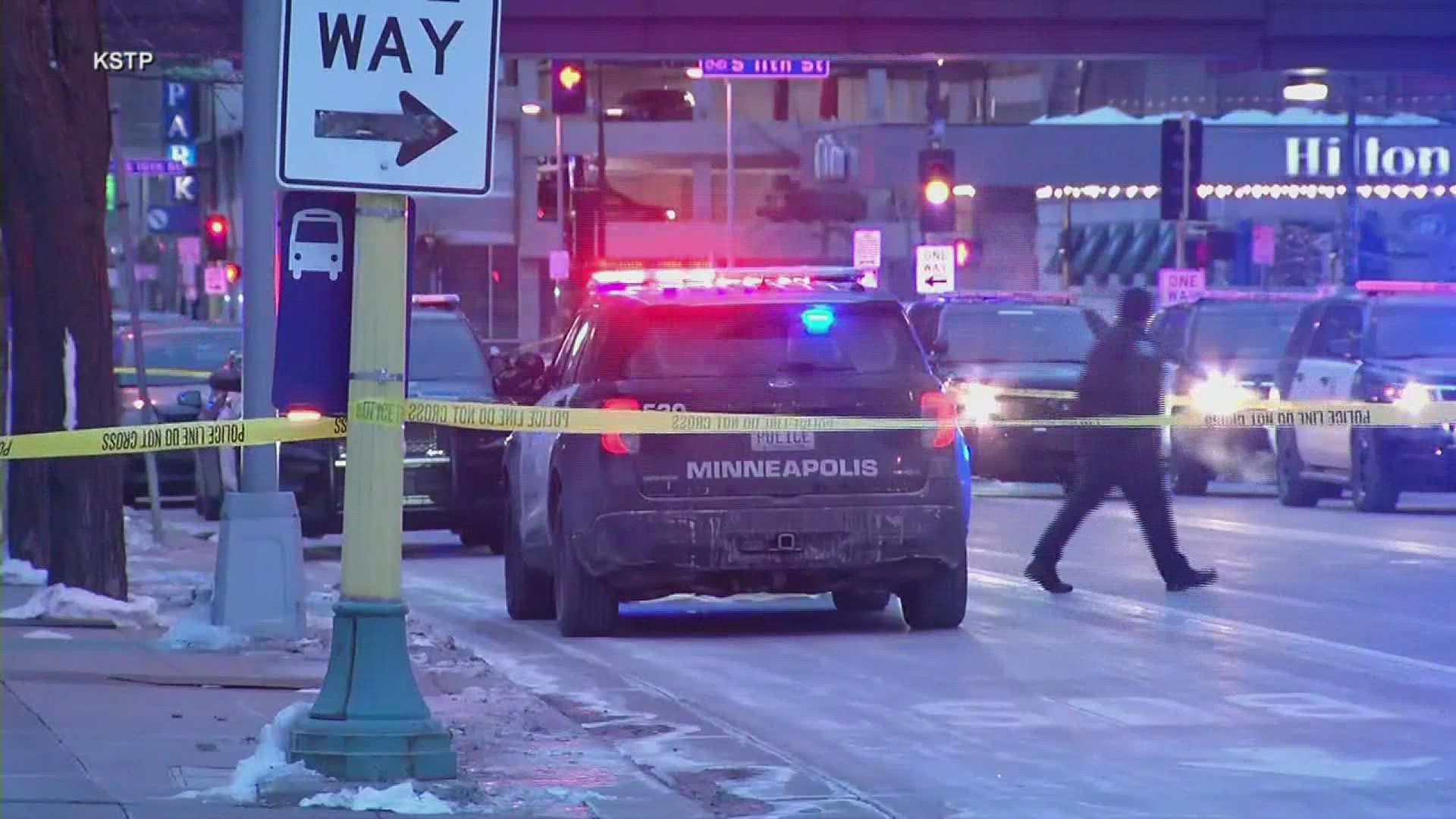DAVENPORT, Iowa — Amir Locke was shot and killed Wednesday morning by Minneapolis police during a no-knock warrant, which allows officers to enter certain premises without announcing their presence.
The officers were carrying out a no-knock warrant for a homicide investigation in St. Paul. Locke did not live in the apartment and was not listed on the warrant.
Locke’s death has sparked new conversations on no-knock warrants, an issue that Davenport attorney Eric Puryear said is everywhere.
Puryear stated that in his years of practice, he had seen what he defines as unjust no-knock warrants – including warrants for drug and evidence searches.
“I’ve had handled cases here in Iowa, where that's exactly what happened. Police officers armed with submachine guns are executing a no-knock warrant because they believe there's some marijuana,” said Puryear.
Twenty-two-year-old Locke was asleep on the couch when police startled him awake. Bodycam footage shows Locke had a gun in his hands.
His family said his gun was licensed and legally owned.
“I believe that people who support gun rights really need to understand that no knock warrants are a threat to their Second Amendment rights, because you don't really have a right to gun ownership if the police are legally entitled to enter your home and shoot you for defending yourself.”
But, Scott County Sheriff Tim Lane takes a different approach.
“We just can't take a situation that has turned bad and an agency that has improperly used a no-knock search warrant and say that there is never a time and a place for such a warrant to be issued,” Land said.
Both Puryear and Lane agree one circumstance a no-knock warrant would be justified is a kidnapping or hostage situation.
“If we had an abduction of some sort or a hostage situation, we would have an actual person in danger, and we would be going in there in order to save that person, we would request a no-knock search warrant,” Sheriff Lane said. “And most likely, we would receive that note knock search warrant from a judge who would understand that an exigent circumstance exists, we're looking to protect a particular person.”
Puryear said kidnapping is the only ethical use of no-knock warrants.
“A compelling reason would be a kidnapper who has kidnapped a small child and has the child in that residence, and we know that with a very high degree of certainty. But there's no reason to execute a no-knock warrant for something like drugs.”
Watch more news, weather and sports on News 8's YouTube channel

